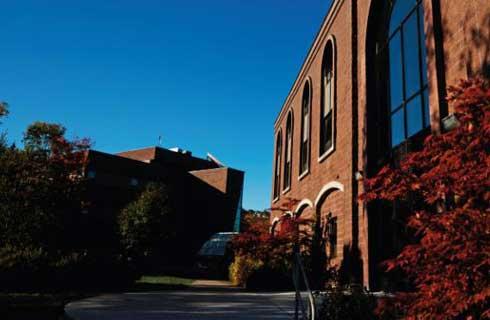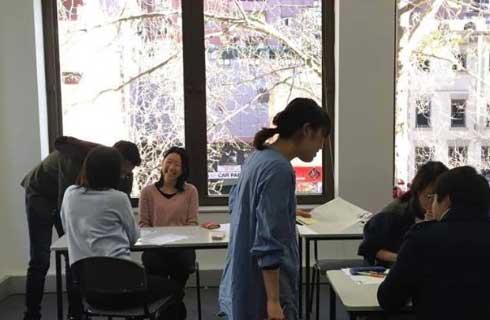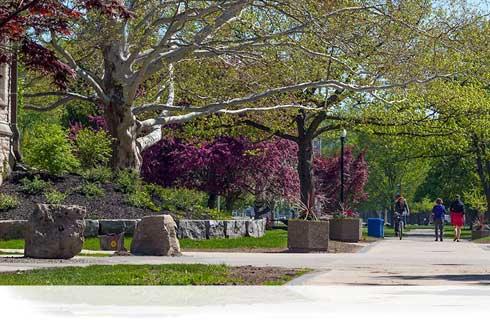课程简介
Connecting the sciences of the brain (neurosciences) with the sciences of the mind (cognition), this MSc draws on our world-leading expertise in Psychology and Life Sciences. We consider how the brain and broader nervous system function at a biological and psychological level, from a human development and behavioural perspective.Designed specifically to enable you to specialise in cognition and cognitive neuroscience, our MSc explores exciting challenges facing the scientific and clinical communities – how the brain and nervous system relate to human consciousness, decision making, attention, perception, memory, motor skills and more.On this programme, you will learn to design experiments, collect data using state-of-the-art cognitive neuroscience methods and analyse it using appropriate statistical methods. Explore the exciting challenges facing scientists in the fields of cognition and cognitive neuroscience. You will also become prepared for doctoral studies (for example, Clinical Psychology training or a PhD), and will be a competitive candidate for professional roles such as a data analyst or technical consultant.Bridging the disciplines of psychology and neuroscience, you will learn from world-leading researchers across two of Keele’s academic Schools, whose broad and diverse expertise spans cognitive psychology, developmental psychology, neuroscience, neural engineering, neurobiology, molecular biology, biomedical science and even zoology. They will share news about their cutting-edge research through research-led teaching and our research seminar series. Your careerThe advanced research and practical skills you will be able to demonstrate as a graduate of this programme will stand you in good stead for a wide range of careers in research, academia (research or teaching), military or industry – in fact anywhere there is a need to understand and predict behaviour, thought or performance.Cognitive psychologists and neuroscientists conduct research and work in areas as diverse as user interface design, human factors and ergonomics, artificial intelligence, computer-human interaction, linguistic analysis, speech synthesis and voice recognition, product testing, sales and neuromarketing, behavioural science, government departments, and biotechnology.Several students join us with a desire to work with people with brain injuries, in support roles or with charities. Some use their insight to follow the technology route, working for companies that develop the specialist computational software and equipment the profession uses. Others use our MSc programme as preparation for further studies (such as a PhD) or further training in Clinical Neuroscience or Clinical Neuropsychology.There is always the option of consultancy and policy development for the public, private and third sector, as well in the emerging fields of behavioural and data science.Should you wish to continue your studies, you will be well placed to pursue PhD study in psychology andor neuroscience. The course is also excellent preparation for further clinical psychology or neuropsychology training should you wish to enter a medical setting long-term.Roles you may find interesting:Researcher (in academia, industry, government)Behavioural scientistData analystData scientistBrain injury support workerAssistant Psychologist (NHS)Technical ConsultantClinical Neuropsychologist (after further training)Clinical Psychologist (after further training)
展开





































